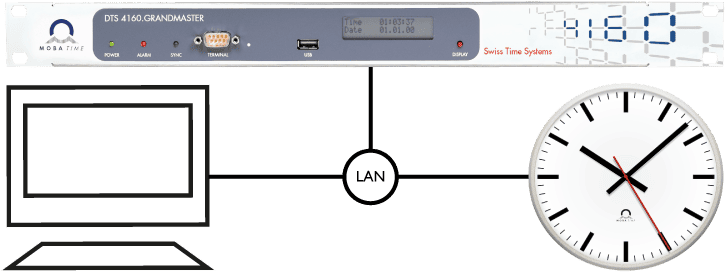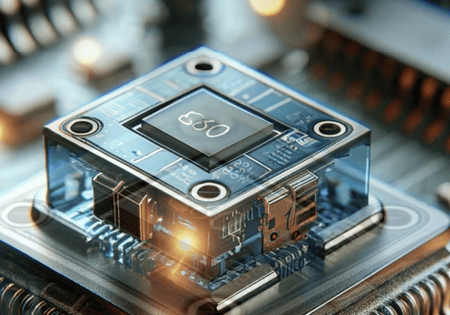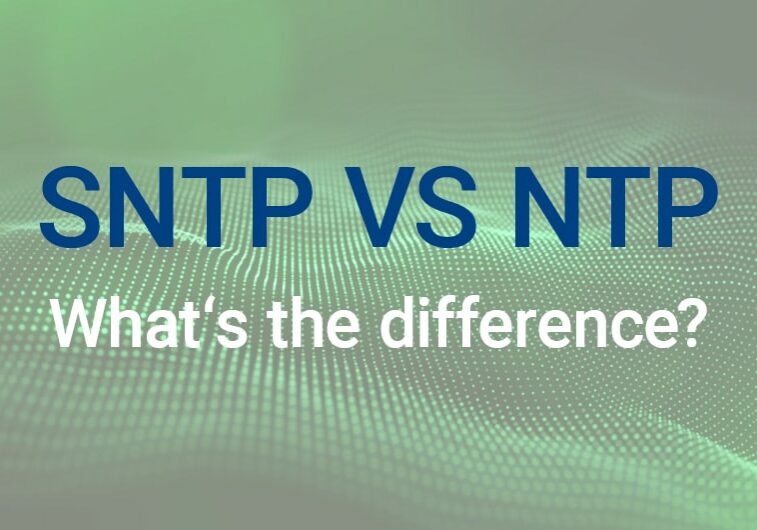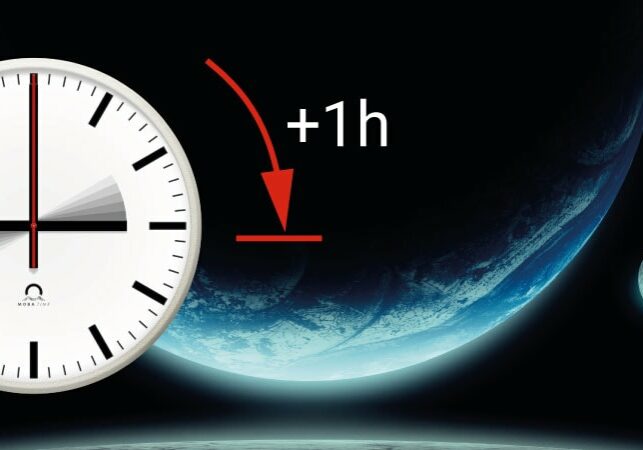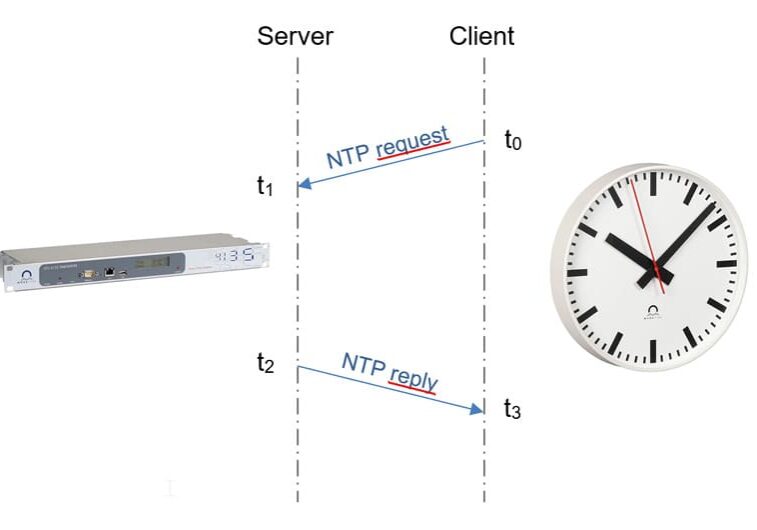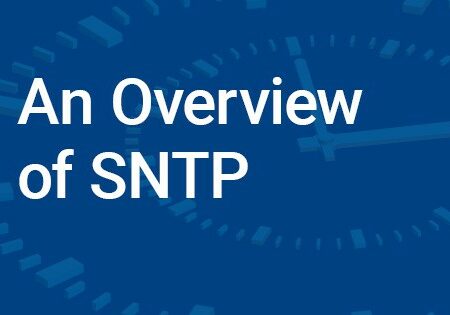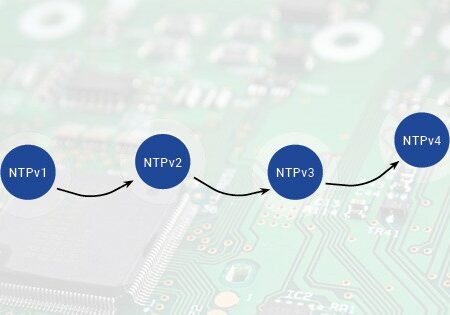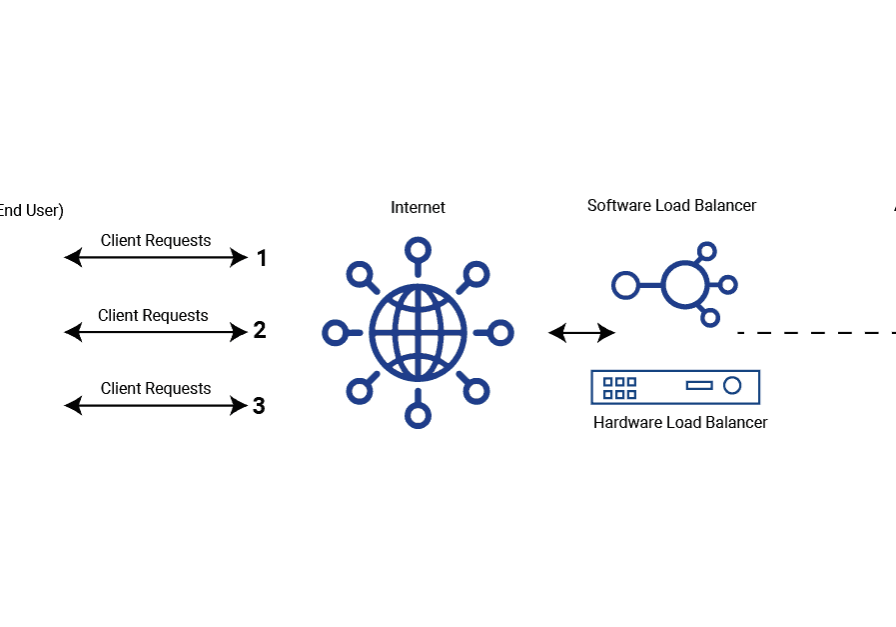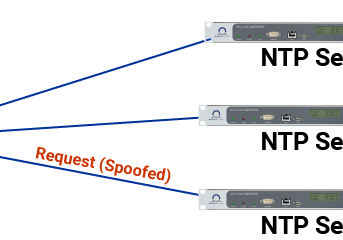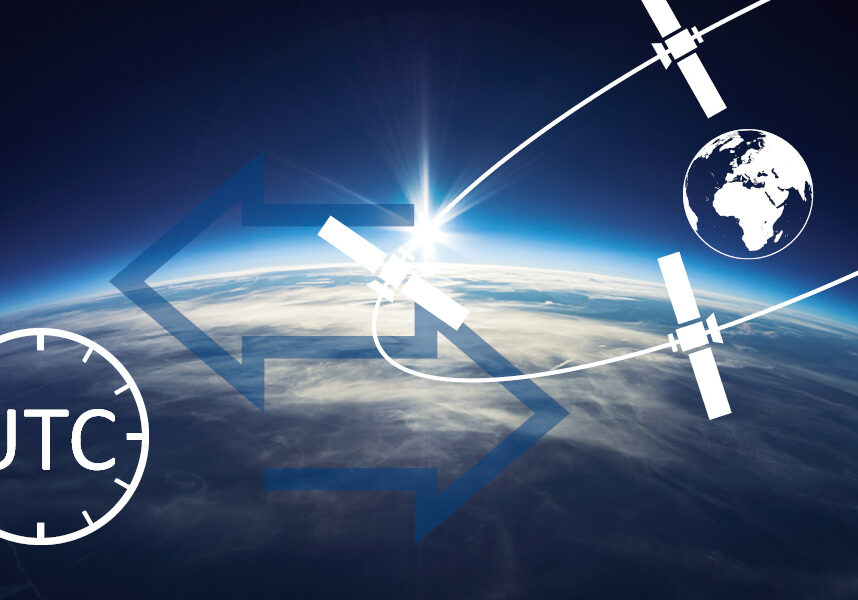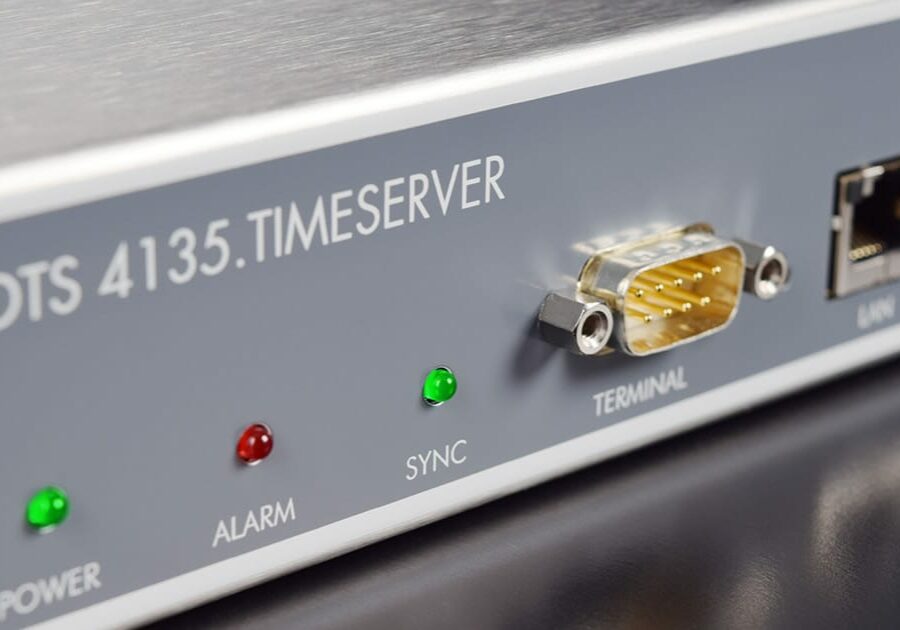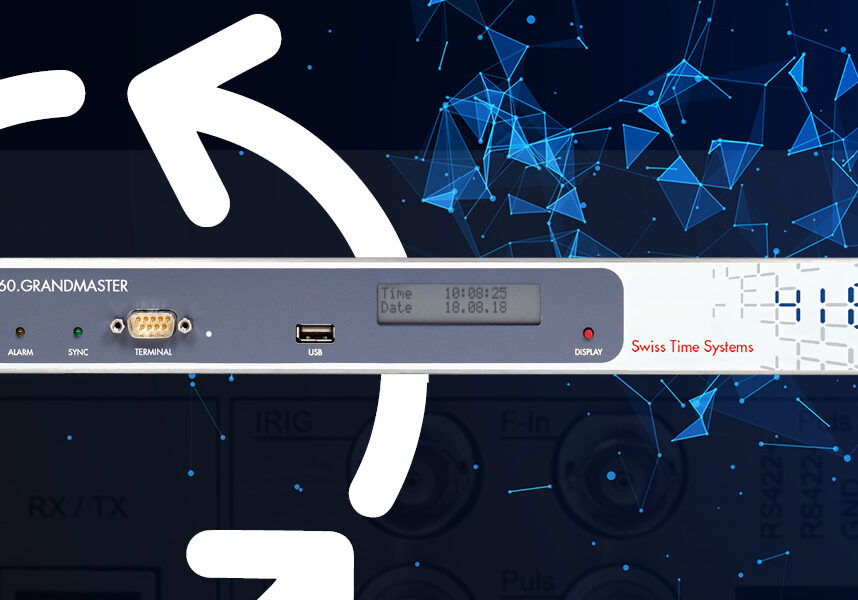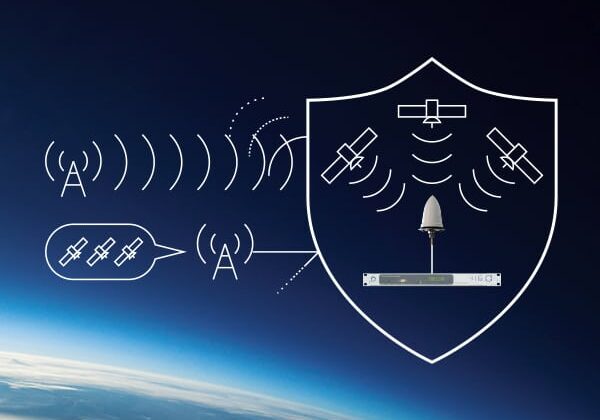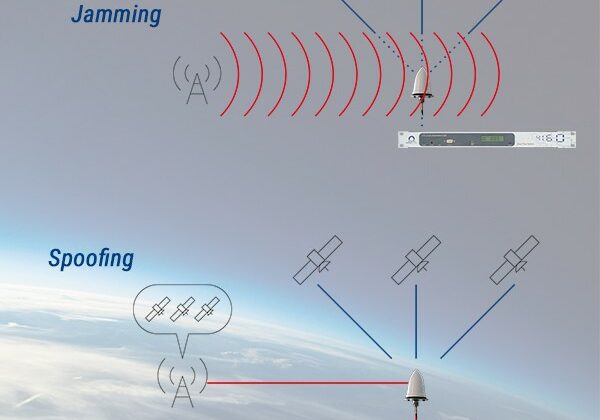Technology for Time Synchronization and Time Display
MOBATIME products support all kinds of technology: from conventionally wired impulse solutions to high-precision, complex network technology. All our devices can be adapted where necessary or developed from the ground up based on the purpose of use, technical requirements or customer wishes.

Technologies for Network Synchronisation
Synchronisation is based on five core technologies and protocols. You can read the most important key facts about them here, or you can contact us for more information. Our experts would be happy to answer any other questions you have.
Technologies for Clock Synchronisation
The slave clock systems are based on five core technologies. You can read the most important key facts about them here, or you can contact us for more information. Our experts would be happy to answer any other questions you have.
Related articles
Daylight Saving Time Explained: What It Is & How to Remember the Change
Daylight Saving Time Explained: Why clocks change, easy memory aids and how automated clock systems simplify every seasonal time adjustment.
Advantages and disadvantages of NTP
The advantages and disadvantages of NTP are notable; while it is celebrated for its reliability and accuracy, it also presents specific challenges.
Application areas of NTP
NTP is used in various areas to synchronize time data, which is crucial for punctuality and safety in rail transport, accuracy in medical facilities and consistency in educational institutions.
Advantages of the TCXO for applications
TCXO means “Temperature-Compensated Crystal Oscillator” and is a type of crystal oscillator used…
Overview of oscillators
An oscillator is an oscillatory system that is used to generate a stable and accurate time base.
The Difference between SNTP and NTP
SNTP (Simple Network Time Protocol) and NTP (Network Time Protocol) are describing exactly the same network package format, the differences…
Time Change: Why it is made and how to remember it easily
🕑 Are you aware, Daylight Saving Time (DST) changeover is scheduled on 31.03.2023. 02:00 am UTC.
Precision Time Protocol (PTP)
PTP (Precision Time Protocol) is a protocol used to synchronize clocks throughout a packet-based network.
Network Time Protocol (NTP)
NTP provides time synchronization over a packet-based network. It is very important to understand that it depends on the application of the application which protocol has to be selected.
Simple Network Time Protocol (SNTP)
With the increasing spread of networks and cross-system processes, there was a need to find a standardized solution for synchronizing time…
The differences between PoE and PoE+
Power over Ethernet (PoE) is a technology that makes it possible to transmit both data and electrical energy via…
NTP versions
Over the years, NTP has evolved considerably and it is interesting to see how it has developed from its first version to the current one…
IoT and NTP: A partnership for the future?
The Internet of Things (IoT) refers to a network of physical objects or devices that are embedded with sensors, software…
NTP Pool
The NTP pool is a worldwide system of voluntarily operated time servers that use the Network Time Protocol to provide precise time information.
Round Robin System
Round Robin is a simple load balancing method in which customer requests are forwarded evenly and sequentially to a group of servers…
The difference between NTP and PTP
Both, PTP and NTP provides time synchronization over a packet-based network. This article explains the working principle of both protocols and shows their differences.
What is an DDoS attack?
Learn about DNS amplification attacks, a DDoS technique that uses DNS resolvers to overwhelm targets with massive amounts of data
Public Time Server Security
This insight highlights the potential security vulnerabilities that can arise from requiring an internet connection via the firewall…
DDoS Protection
Explore effective DDoS Protection strategies for NTP time servers. Enhance security and resilience against DDoS attacks.
Understanding the Difference Between UTC and GPS for Time Synchronization
UTC, or Coordinated Universal Time, is a global time standard that synchronizes clocks and timekeeping devices worldwide. It is based on…
Public NTP Server or local NTP Server – which is better and what needs to be considered?
The choice between public and local time servers for your network is a significant decision based on a variety of factors.
GNSS: Guide to the Global Navigation Satellite System
GNSS is a collective term for satellite systems such as GPS, GLONASS, Galileo and BeiDou, which…
Excellent device synchronization for GPS Rollover
The GPS Rollover is an event where the 10-bit week number in the GPS system is reset every 1023 weeks.
PTP Synchronization principle
PTP Synchronization principle – Adjust the slaves’ frequency to the master Prior to the time synchronization, the slave uses the consecutive…
PTP-Grandmaster technology offers numerous benefits for your network
PTP-Grandmaster helps to reduce downtime and improve network performance by providing an accurate time reference for all devices on the network….
What is Daylight Saving Time?
Daylight Saving Time (DST) is the practice of setting the clocks forward one hour from standard time during the summer months,…
Multi-GNSS receiver – 3 security advantages for a little budget
With a receiver’s multi-constellation mode, more satellites are visible and can be used, increasing overall stability and security. The Multi-GNSS receiver…
Jamming & spoofing of satellite signals – 2 emerging topics in the future.
In modern time systems and other applications, the use of GNSS signals is well established. The signals emitted by satellite systems…
What is the difference between GNSS and GPS?
To explain the difference between GNSS and GPS, we must first understand the two terms: GNSS is used in collaboration with…
Do you need PTP or is NTP better suitable?
Both, PTP and NTP provides time synchronization over a packet based network. But not both protocols are dedicated to the same…
More resources
If you are looking for event more technical information about time synchronization and our products, visit the pages frequently asked questions and our glossary.


